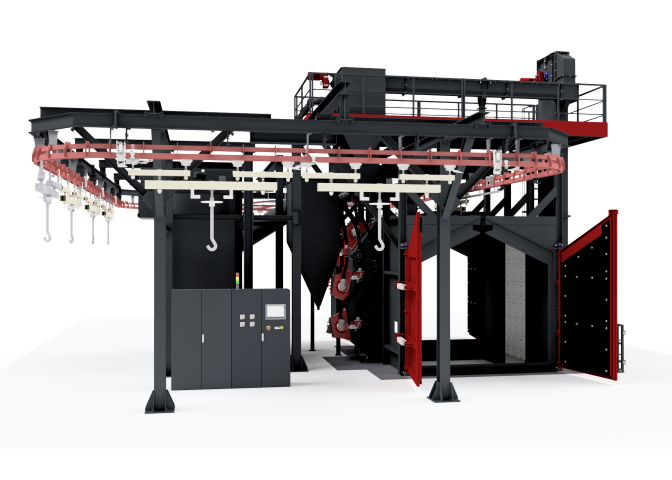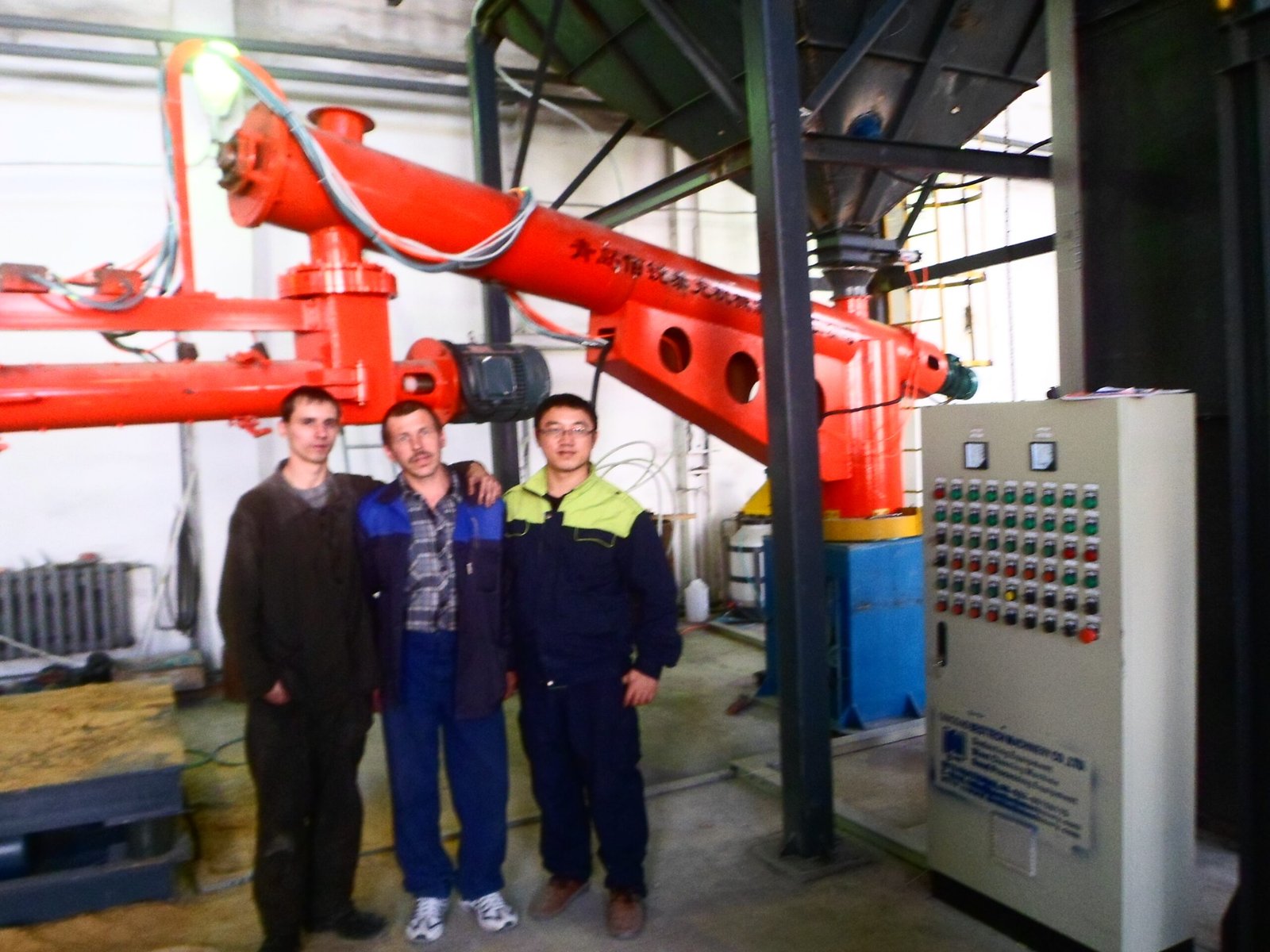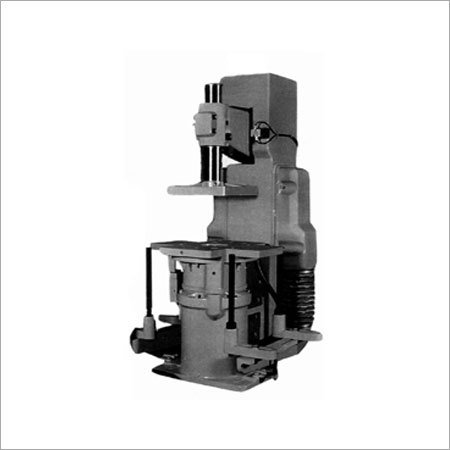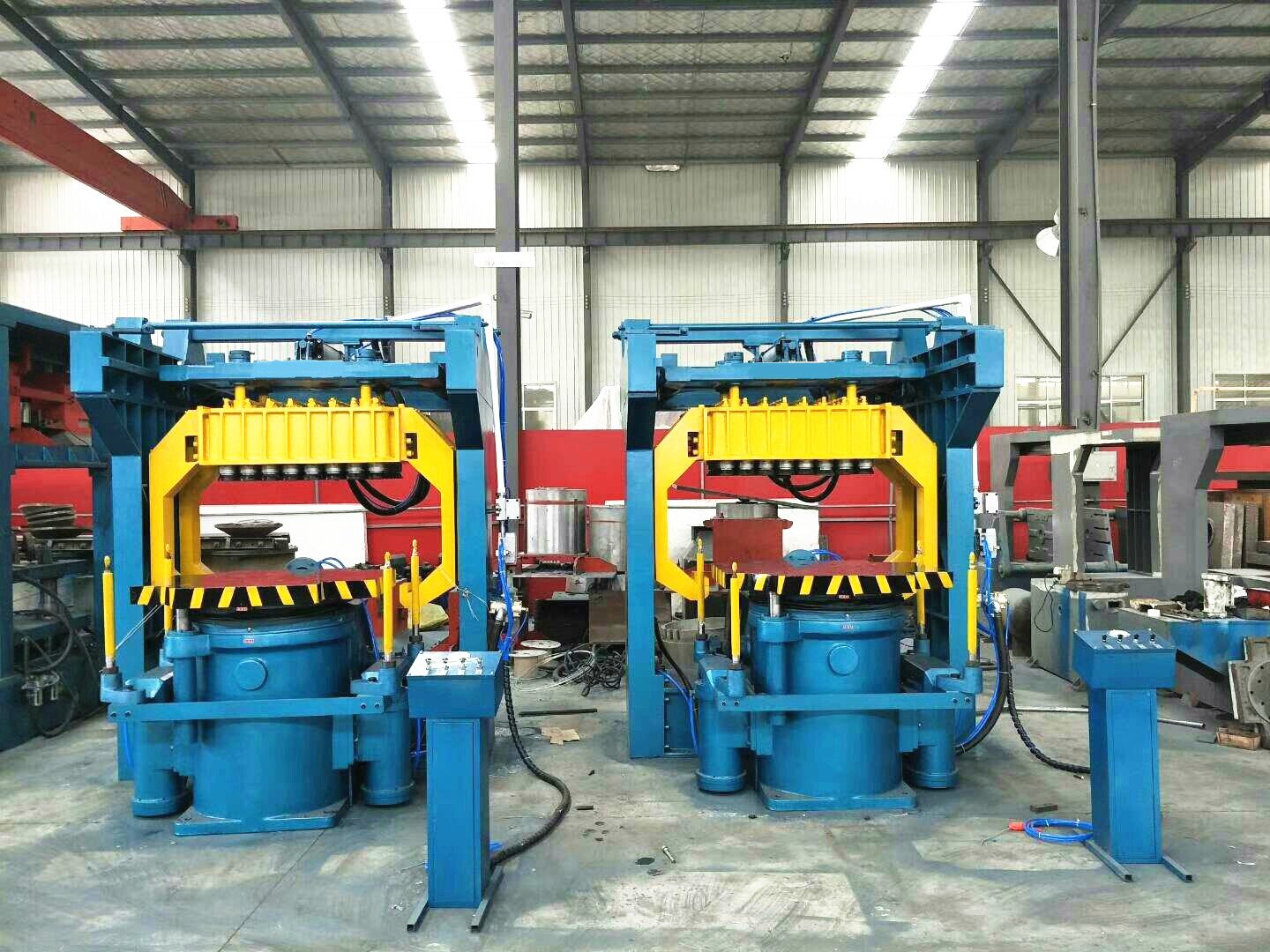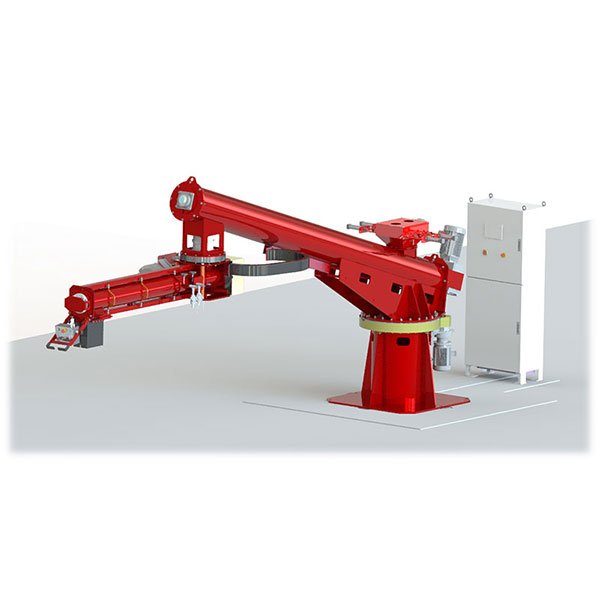
From downtime and scrap to efficiency and reliability—here’s what changed.
A medium-sized Eastern European foundry increased output by 30% within 60 days by upgrading their aging shot blasting system. Here’s how smarter equipment planning and integration turned things around.
For manufacturers considering whether equipment upgrades are worth the cost and disruption, this real-world example offers a clear answer—especially if your plant faces rising downtime and inconsistent product quality.
A Foundry Facing Declining Output and Rising Downtime?
“The plant manager knew the equipment was part of the problem—but didn’t know where to start.”
An Eastern European automotive parts foundry producing ~800 castings per day struggled with unplanned downtime, inconsistent surface cleaning, and outdated equipment that couldn’t integrate with modern automation lines.
The foundry’s core issues were both obvious and hidden:
| Pain Point | Manifestation |
|---|---|
| Uneven blasting strength | Surface cleaning failures, high rework |
| Outdated tech | Incompatible with modern automation lines |
| Frequent stoppages | Avg. 4 hrs/week of downtime |
| High expendables cost | $2,500/month on blasting media |
| Low ESG compliance | Dust control insufficient, audits failing |
Despite recognizing that old equipment was limiting performance, the team didn’t know how to identify the right upgrade—or how to implement it with minimal disruption.
Inefficient Equipment = Compounding Losses?
Underperforming shot blasting systems were not only slowing down production, but also adding hidden costs across labor, compliance, and customer satisfaction.

Let’s break this down further. The foundry was dealing with a mix of direct and indirect issues:
Obvious Issues:
- Inconsistent blasting: Parts often required manual re-cleaning.
- Downtime averaging 4 hours weekly: Mechanical issues caused frequent interruptions.
- High consumable usage: Abrasive media was used inefficiently due to poor control.
Hidden Consequences:
- Customer complaints: More products were returned or delayed due to poor surface finish.
- Extra labor: Workers repeated steps to meet quality standards.
- Compliance pressure: Dust control was outdated, putting ESG reporting at risk.
Over time, these issues compounded. Even though the foundry had good people and solid process knowledge, the equipment itself had become the bottleneck.
A Tailored Equipment Upgrade Plan With Bestech?
Bestech engineers designed and implemented a customized shot blasting solution, upgrading the system to deliver consistent, automated, and real-time monitored performance.
Bestech didn’t show up with a catalog—they showed up with a notebook and a plan.
What Bestech Did:
| Step | Action Taken |
|---|---|
| Site Assessment | Evaluated floor layout, part types, and cycle time needs |
| Custom System Design | Multi-angle blasting, automatic media recovery, smart control system |
| Automation Integration | Matched with existing conveyors for seamless part flow |
| IoT Monitoring | Enabled live status tracking and predictive maintenance |
| Operator Training & Support | Provided on-site training and full documentation |
🧠 Plant Manager's Quote: “Bestech didn’t just sell us a machine—they redesigned how we clean castings.”
By treating the project as a system redesign rather than a simple equipment swap, Bestech ensured the new solution fit into the plant’s operational reality.
30% Productivity Boost Within 60 Days?
With the new system online, the foundry saw dramatic gains in output, quality, uptime, and operating cost—within just two months.
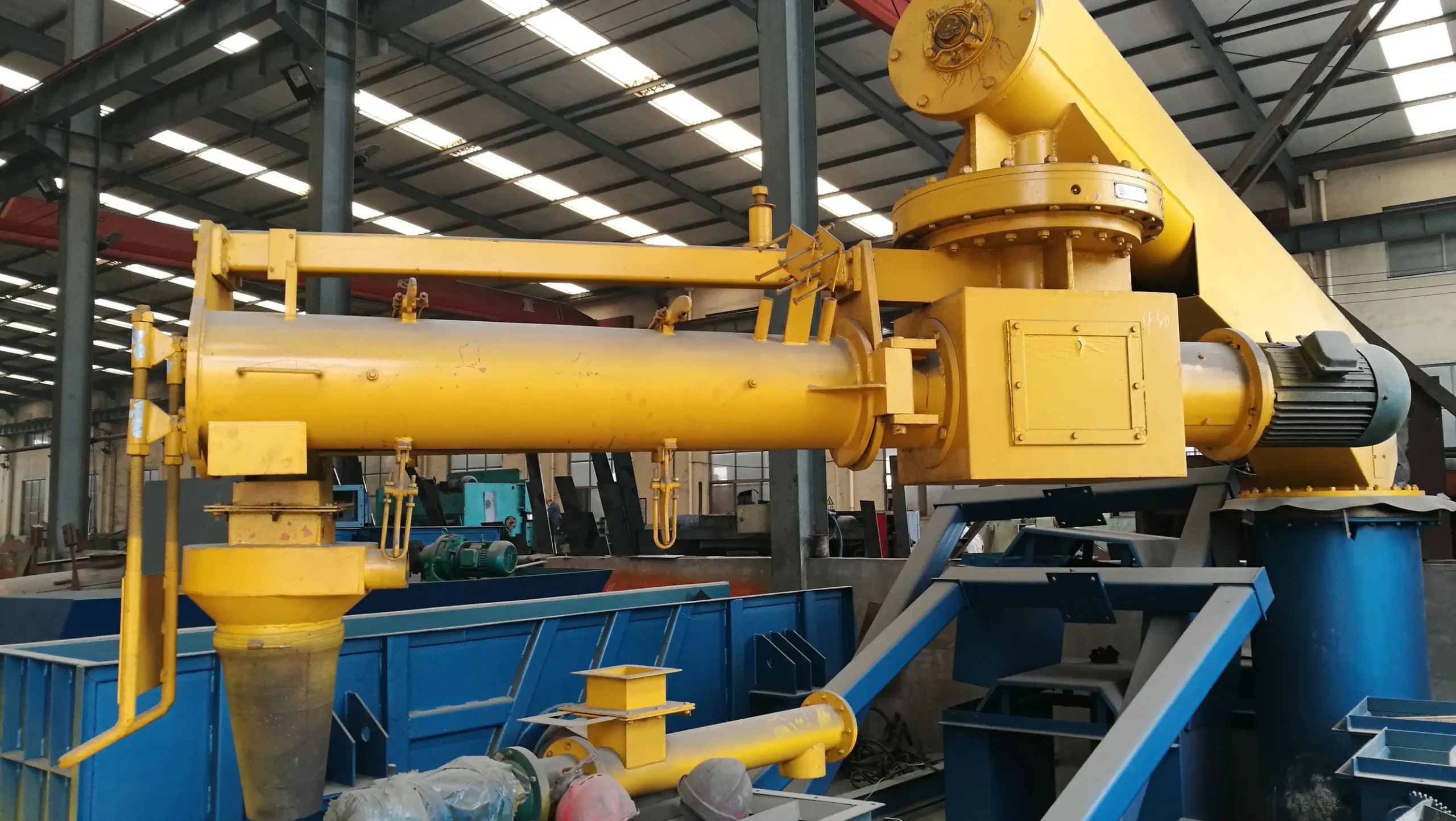
Here’s the before-and-after snapshot:
| Metric | Before Upgrade | After Upgrade | Improvement |
|---|---|---|---|
| Daily Output | 800 castings | 1,040 castings | +30% |
| Rework Rate | 12% | 4% | -66% |
| Weekly Downtime | 4 hrs | <1 hr | -75% |
| Monthly Media Cost | $2,500 | $1,700 | -32% |
| Production Team Size | 12 workers | 10 workers | Labor efficiency ↑ |
The new system proved itself quickly, validating the investment and empowering the operations team to maintain quality with fewer disruptions.
Why This Worked: Not Just Better Hardware—Smarter Engineering?
It wasn’t just the hardware—it was the complete system approach: smarter layout, adaptive controls, and modular design ready for the future.
Let’s explore the key technologies and strategies that made the difference:
- High-Efficiency Blast Wheels: Provided even coverage with lower energy use.
- Multi-Nozzle Precision Control: Reduced rework by ensuring consistent treatment.
- PLC-Driven Cycle Matching: Synchronized with production rhythm.
- Auto Dust Removal System: Reduced downtime and improved air quality.
- Modular Design: Easy to adapt or scale when production needs change.
This kind of outcome isn’t just about swapping machines. It’s about engineering a solution that supports people, parts, and processes working in harmony.
The Right Partner Makes All the Difference?
With improved stability, the foundry won new orders and is now planning to extend the same system to another line.
📣 Customer Feedback: “It’s not just equipment—it’s confidence in our production again.”
The foundry’s leadership quickly saw the long-term value:
- More Orders: With increased capacity, they took on new clients.
- Faster Lead Times: Stable quality and fewer bottlenecks enabled better delivery promises.
- Scalable Future: They plan to apply the same system in other parts of the plant.
In many ways, the biggest win wasn’t just productivity—it was trust in their operations again. That’s the power of choosing the right partner.
Conclusion
A strategic shot blasting upgrade transformed one foundry’s operation, proving that the right equipment—and the right partner—can turn daily struggles into sustainable gains.
Want Similar Results? Let’s Talk
📞 Book a free upgrade consultation
📥 Download full case study PDF with technical specs
🏭 Schedule an in-person visit or online demo at Bestech

FAQ
How can upgrading shot blasting equipment improve foundry productivity?
By increasing blasting consistency, reducing downtime, and enabling automation, foundries can process more parts with fewer errors.
What are real-world results of foundry equipment modernization?
Real cases show up to 30% output improvement, lower media costs, and better product quality—all within 60 days.
How long does it take to see ROI on new blasting systems?
Most customers report visible improvements within 2–3 months, with ROI achieved in under a year, depending on production volume.

